swollen cheek no tooth pain
 Swollen cheek: Is it serious? Causes, diagnosis, and treatment
Swollen cheek: Is it serious? Causes, diagnosis, and treatmentWhat to know about salivary gland cancer The salivary glands produce saliva, which keeps the mouth wet and supports digestion. Salivar gland cancer is a rare cancer that begins in the tissue of one of these glands. In the United States, the salivar gland is responsible for less than 1% of all cancers. It affects .In this article, we take a closer look at salivar gland cancer, including your symptoms, treatments and risk factors. The mouth contains many salivary glands. Some are older, and some are younger. Salivar gland cancer occurs when one of these glands develops cancer. There are three pairs of main salivary glands. The parotid glands, placed right in front of each ear, are the largest salivary glands. A tumor is likely to develop here. Although most tumors that develop here are benign, this is also the place to start most malignant tumors of salivary glands. Sublingual glands sit under the tongue and are the smallest of the main salivary glands. It's rare for a tumor to start in these glands. Submandibular glands are right under the jaw. About 10-20% of the tumors start here, and they are approximately malignant. There are also hundreds of small microscopic salivary glands around the mouth. Locations include: Tumors are less likely to occur in these smaller glands, but if developed, it is more likely to be malignant. Salivary gland tumors may include blood cancers and lymph system, such as not Hodgkin. Benign tumors do not spread locally or to distant parts of the body. However, without treatment or after incomplete removal, a benign tumor may become malignant. Malignant tumors are more aggressive and have a higher risk of metastasis or spread. Surgery often provides a complete cure. Many types of cancer may develop in the salivary glands. Some are adenocarcinomas, which are cell cancers that secrete substances. Salivary gland cancers include:Sometimes, doctors can identify that a person has an adenocarcinoma, but cannot identify the type. These are known as adenocarcinoma, not otherwise specified (NOS) and are more common in parotid and lower salivary glands. Other rare types of cancer could also be developed. For example, , which are cell cancers of the connective tissue, can develop. However, it is rare for a sarcoma to develop in the salivary glands. Non-Hodgkin lymphoma, an immune cell cancer, is mainly developed in people who have Sjögren syndrome. This is an autoimmune condition that affects the cells of the salivar gland. A person who has salivar gland cancer may experience: People should see a doctor about any painless lump that does not result directly from a known infection. Several factors may increase the risk of developing salivary gland cancer. People who have suffered previous head and neck cancers may have a greater chance of developing salivary gland cancer later in life. Older people are also more likely to develop salivary gland cancer, although people of any age can develop it. Males also have a slightly higher risk than females to have salivar gland cancer. Genetic factors can also increase the risk. However, this is very rare, and doctors do not believe that family history contributes to salivary gland cancer in most people. Exposure to the workplace to substances, such as nickel alloy dust and silica powder, can also be a factor. Research continues in other potential risk factors, including cellular use, diet and consumption of tobacco and alcohol. However, studies have not yet confirmed the impact of these factors on the development of salivar gland cancer. The doctor will ask the person about his medical history and examine the sides of the face, mouth and area around the jaw. If you notice any inflammation in the lymph nodes, this could be a sign of cancer. Muscle weakness or numbness in the face may indicate that cancer has spread to nerves. Your doctor may request imaging tests to determine the location and spread of any disease. They may also recommend a biopsy to collect and analyze the tissue of the salivar gland. In an incisional biopsy, the specialist makes a small cut and removes a sample of the tumor, which they send to a laboratory for examination. Depending on the initial findings, you can recommend surgery to remove and test the entire tumor. Treatment for salivar cancer often involves surgery, radiation therapy, or a combination of these. Surgery Surgery is usually the primary form of treatment for salivar gland cancer. The surgical team may need to remove the entire salivar gland, along with the nerves and ducts to which the cancer may have spread. If the tumor is small and easy to access, the surgeon may remove only the tumor and a small amount of surrounding tissue. Radiation In radiation therapy, the cancer care team directs high-power particles or rays of energy into a tumor to slow growth or kill cancer cells. The most common type of radiation therapy for salivar gland cancer is external beam radiation therapy. It provides an intense level of radiation. Usually, a person needs radiation treatment every day for 5 days a week. Treatment will last up to 7 weeks. New types of radiation therapy that may be most successful include accelerated hyper-fractioned radiation. This breaks the treatments in several smaller doses a day. A cancer care team could also administer radiosensitizing medications. This makes a tumor more sensitive to radiation therapy, which means it kills more cancer cells. Chemotherapy A doctor requests chemotherapy when the cancer has spread to other parts of the body. The individual takes oral or intravenous medications to kill cancer cells. A variety of medications are available that a cancer care team can manage on their own or in combination with other medicines, such as 5-fluorouracil (5-FU), or carboplatin. Side Effects of TreatmentThe complications of surgery include: Nervous damage can cause a person's face to drip, and an individual may have difficulties swallowing or talking after surgery. In some cases, a person may have reconstructive surgery, and a speech therapist can help restore some lost eating and talking functions. Guerstotric sweating or Frey syndrome occurs when nerves grow again in an unusual way. This growth can lead to sweating over some areas of the face to chewing. Additional surgery or medication may treat this. The adverse effects of radiation therapy generally include: These are usually resolved after treatment. However, radiation therapy may have effects on other parts of the head and neck, including: Chemotherapy kills cancer cells, but it may also affect some healthy cells, such as capillary follicles and cells in the lining of the mouth. Common side effects include: After completing the treatment, a doctor will continue to monitor the individual closely. It is important to attend all follow-up appointments as this can help minimize any side effects of treatment and deal with any early recurrence. Preventing salivary gland cancer is difficult because doctors don't know what causes. Avoiding tobacco and alcohol can some of this rare cancer and many other more common types. People who work in environments where there is nickel alloy dust, silica powder or radioactive substances should use the right protection. The prognosis for people with salivar gland cancer depends on the distance the cancer has spread from its original site. The American Cancer Society (ACS) uses a guide for a person's perspectives after a cancer diagnosis. This compares the likelihood that a person with live cancer for 5 years beyond the date of diagnosis with that of a person who has no cancer. If a doctor identifies and treats salivar gland cancer before it spreads from its original site, an individual is 93% as likely to survive for 5 years after diagnosis. If this cancer spreads to the nearby tissue, the rate reduces to 67%. If cancer spreads to distant sites, the 5-year survival rate is 34%. However, these vary according to the age, general health and success of treatment. Only a doctor will be able to predict an exact perspective. Early diagnosis and treatment are the best ways to improve a person's perspective for salivar gland cancer. Last medical review on September 30, 2019Most recent newsRelated coverage
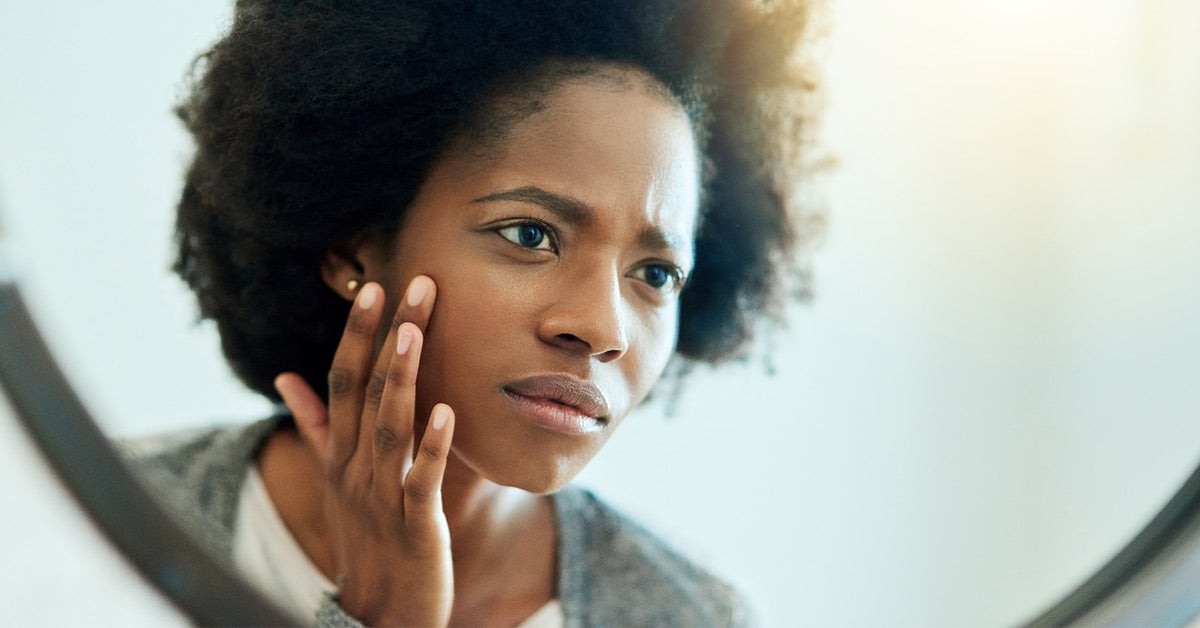
Swollen Cheek Causes, Diagnosis, and Treatment
Wisdom Teeth
I Was Just Told "You would not have made it through the weekend" | So Entrepreneurial

Facial Swelling as a Primary Manifestation of Multiple Myeloma

163 Swollen Cheek Stock Photos, Pictures & Royalty-Free Images - iStock

Teeth Problem Gumboil Flux Swelling Cheek Stock Photo (Edit Now) 1176258817

Swollen Cheek Causes, Diagnosis, and Treatment

Cheek Swelling - Symptoms, Causes, Treatments

Swollen Cheek High Resolution Stock Photography and Images - Alamy

Swollen Jaw Tooth Infection (Page 1) - Line.17QQ.com
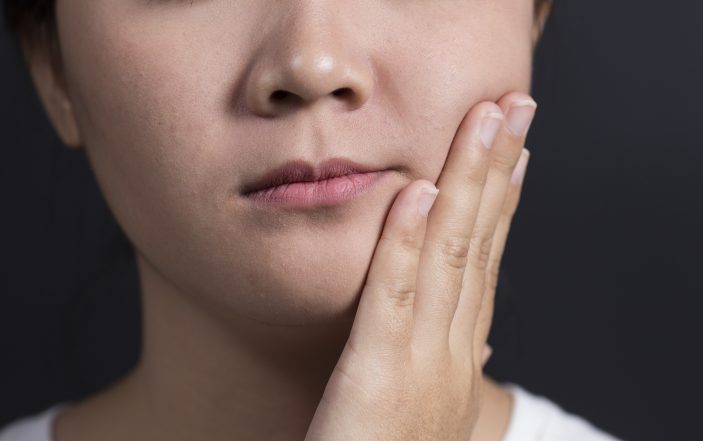
Three Days Pain/Swelling Below Right Jaw | Emergency Physicians Monthly
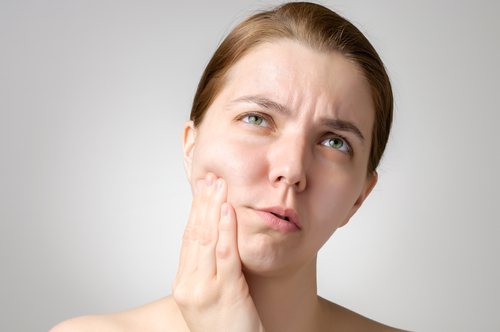
Is It Sinus Or Tooth Pain?
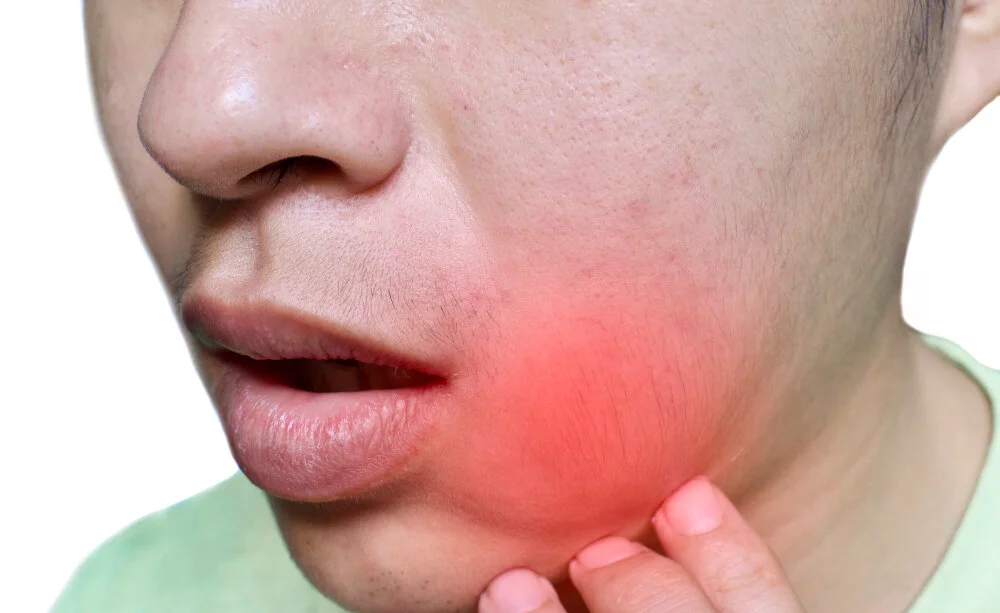
Face & Cheek Swelling - What to do Next? Melbourne Dentist in Malvern East
Why You Get Swollen Cheeks After Wisdom Teeth Removal | Oral Answers

Swollen Cheek Causes, Diagnosis, and Treatment

Facial pain: Types, causes, when to see a doctor, and self-care

TMJ: How it Might Be Affecting You, And How to Find Relief
/toothachefinal-01-10c405795ca848d2954926164536cd5a.png)
Tooth Pain: Causes, Treatment, and When to See a Doctor

Swollen Cheek High Resolution Stock Photography and Images - Alamy
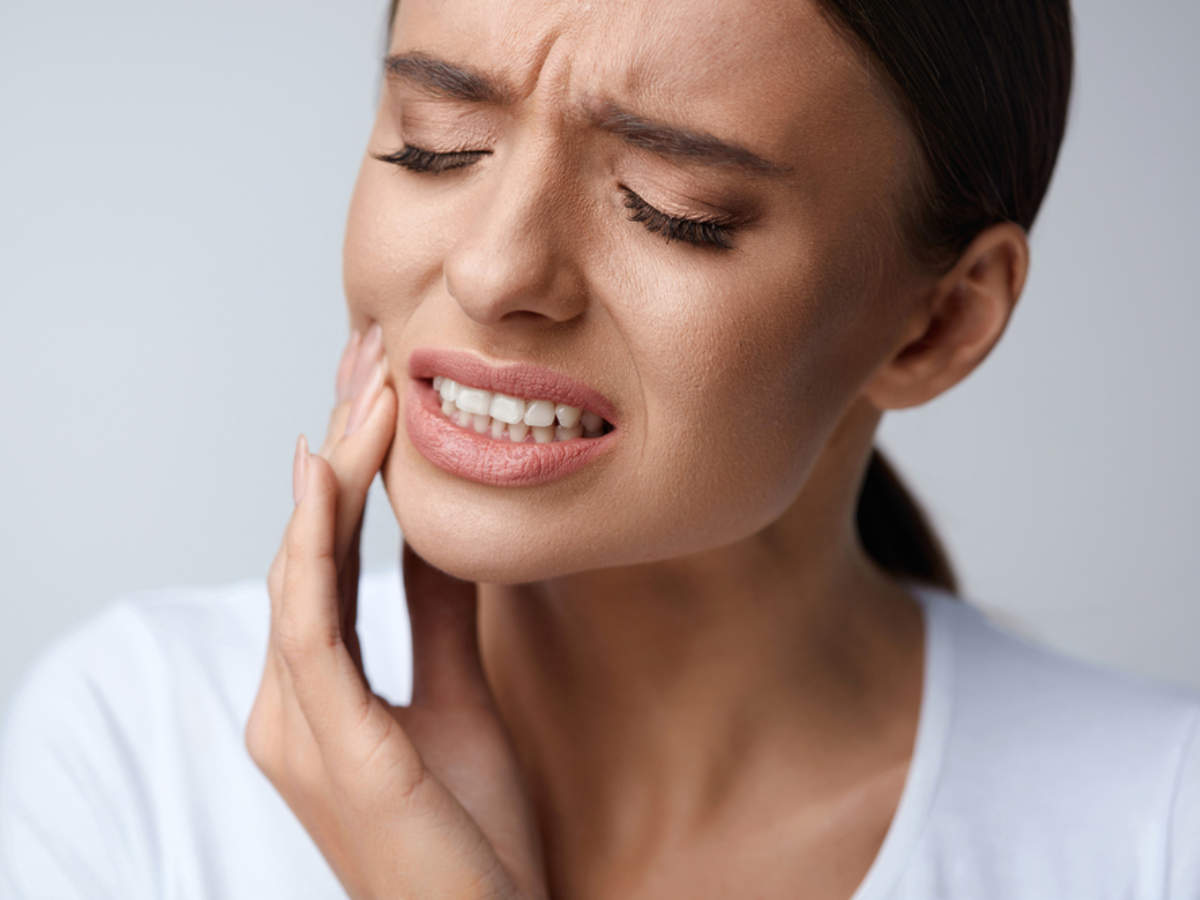
Homeopathy Remedies (Medicines) for Toothache: 5 Natural Homeopathic Remedies For Toothache
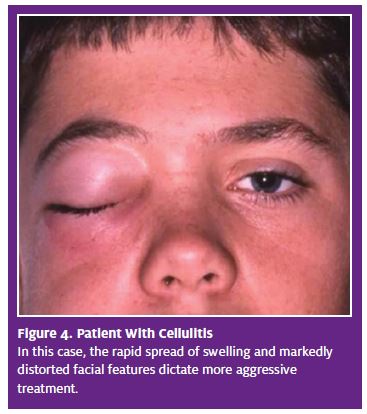
An Urgent Care Provider's Guide to Managing Dental Emergencies | Journal of Urgent Care Medicine

7 home remedies for quick relief from gum pain

Page 2 - Toothache High Resolution Stock Photography and Images - Alamy

Abscessed tooth; how to care for a tooth abscess | Dentist in Santa Rosa

Swollen Cheek: Causes and Treatments for Swelling on One Side of Face | Tooth abcess remedy, Swollen face, Tooth ache relief
So my tooth started to hurt Monday and this is what my face looks like today. : WTF

10 Causes of Swollen Gums | Personal Care Dentistry

What Does Toothache and Swelling Mean? | Face Value Dental

Why You Get Swollen Cheeks After Wisdom Teeth Removal | Oral Answers

The best pressure points for toothache, and how they work

Thickening, swelling or puffiness of one cheek tissue? Cause of concern or normal. : DentalHygiene

Swollen Cheek High Resolution Stock Photography and Images - Alamy

During a Toothache, Do Not Apply Heat! - The Silberman Dental Group

Swollen Cheek High Resolution Stock Photography and Images - Alamy
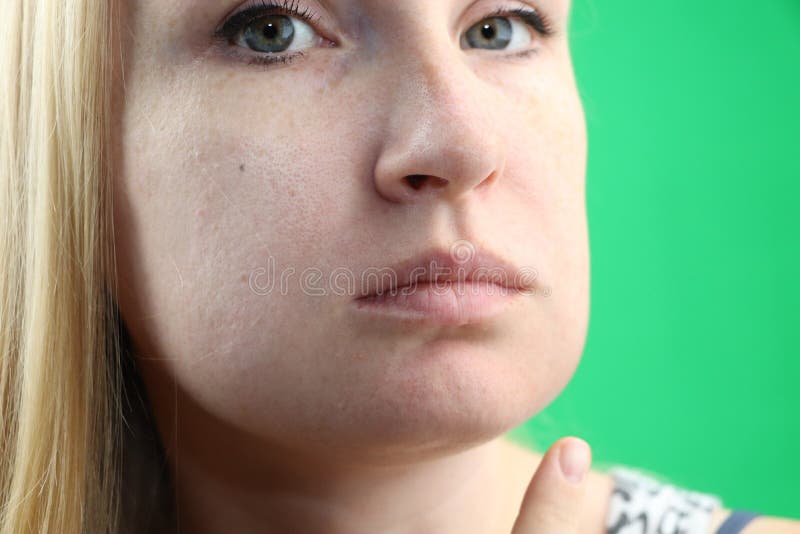
Swollen Cheek Photos - Free & Royalty-Free Stock Photos from Dreamstime

Baseball star shows off severely swollen face after being struck by 90mph fastball
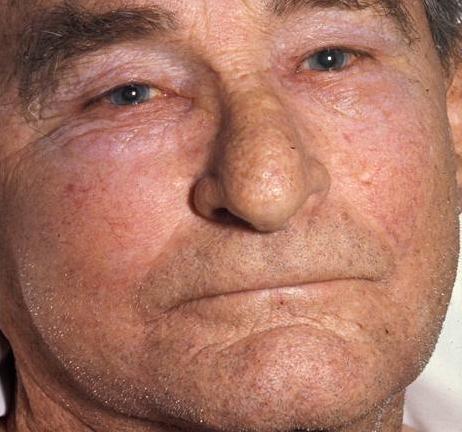
Face swelling: Causes, treatment, and when to see a doctor

163 Swollen Cheek Stock Photos, Pictures & Royalty-Free Images - iStock

Swollen Cheek High Resolution Stock Photography and Images - Alamy

Facial Swelling: Causes, Symptoms, Treatments, and More
Posting Komentar untuk "swollen cheek no tooth pain"